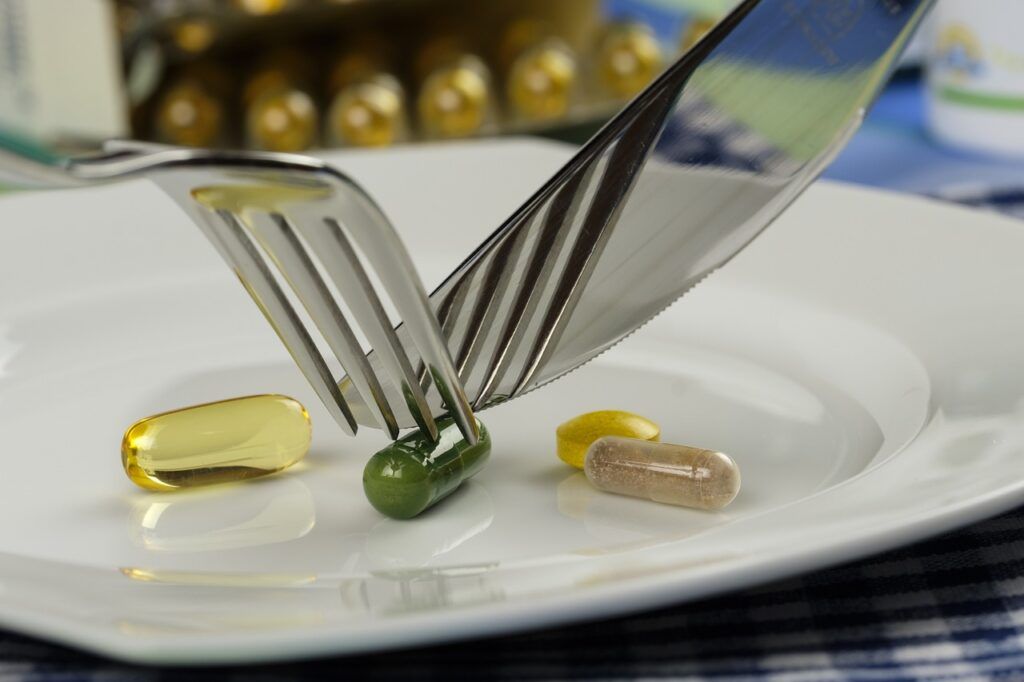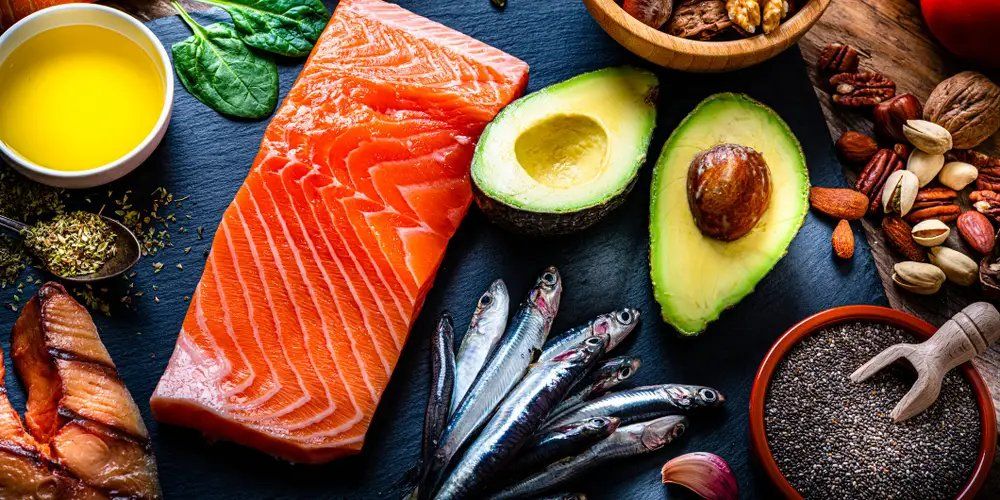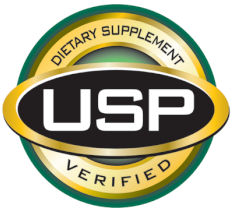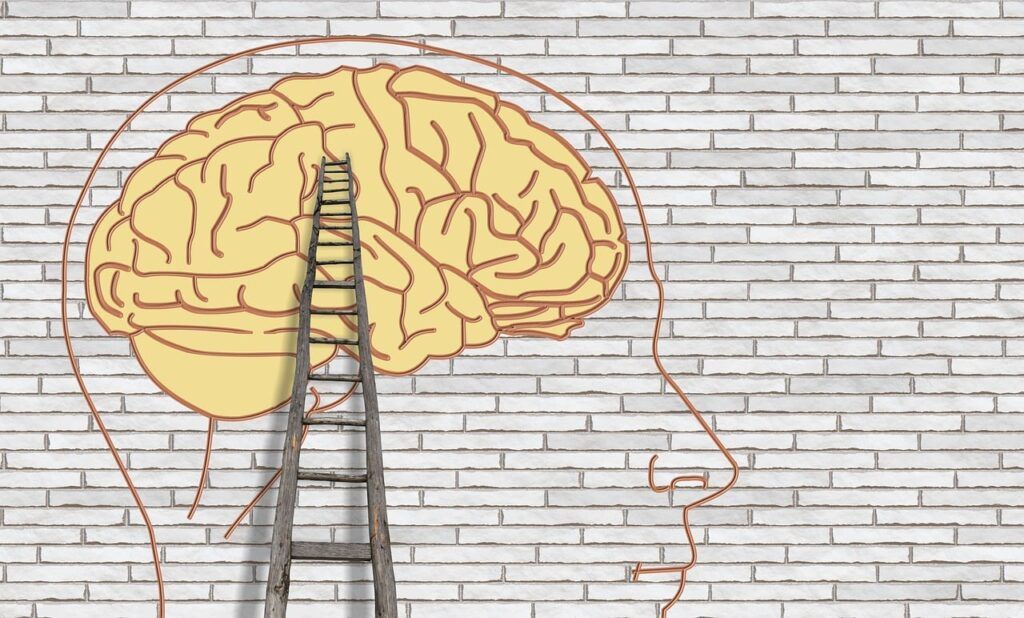Having a mental health diagnosis like depression, anxiety, attention-deficient disorder, and bipolar disorder can leave one feeling that life is unmanageable. Past traumas and genetics are out of our control, but there are many things we can do to support recovery. Finding the appropriate care, taking our prescribed medication, building effective coping skills, increasing enjoyable body movement, and regular intake of nutritional foods can support one to live their life to the fullest; regardless of their diagnosis.
What is Nutritional Psychiatry?

Nutritional Psychiatry is a field aimed at supporting individuals struggling with mental health diagnoses through a combination of nutritional and pharmaceutical interventions. Research shows that vitamin and mineral supplementation improve outcomes for patients and can be a cost-effective intervention. A risk factor for depression also includes dietary patterns.1 Specific nutrients such as omega-3 fatty acids, magnesium, and folate (B9) can support specific cells and pathways that are negatively impacted like the serotonergic system.2 While supplementation of these specific nutrients can be an option, ensuring you are getting them through a nutrient-dense dietary pattern is the most effective way to support brain health, normal digestive processing, circadian rhythm, and cortisol regulation. This article will specifically describe the impact of Omega-3, magnesium, and folate (B9) on whole-body health.
Omega- 3 Fatty Acids (ALA, EPA, DHA)

Supplemental omega-3 fatty acids are the most common intervention. In fact, supplementing omega-3s will likely become standard therapy for depression in the coming years because of clear evidence demonstrating improvements in depression symptoms.3 Omega-3s are considered “anti-inflammatory”–they decrease cytokine secretion by macrophages, decrease neutrophil migration, and convert to SPM (Specialized pro-resolving mediators) reducing fibrosis. EPA, DHA, and ALA are all types of omega-3s. In a recent national survey, EPA and DHA intake reduced the prevalence of depression symptoms by 25% in a population of over 10,000 people.4
Good sources of omega-3 include seafood, fish, nuts, seeds, plant oils, eggs, and some fruits like avocados and veggies including spinach. Getting at least two servings of fish or a food high in omega-3s is currently recommended. Preparing a fish or shellfish dish containing at least 4 oz of the seafood option or adding avocado, nuts, or seeds high in omega-3 in a salad, soup or smoothie can also ensure that this nutrient need is being met.
Magnesium
Depression and other mental health conditions are associated with lower magnesium levels. Because magnesium plays an essential role in the central nervous system by forming the membrane phospholipids that conduct signals, magnesium is considered a therapeutic supplement for depression. Magnesium is essential to the health and viability of neurons and can play a role in preventing synapse loss in Alzheimer’s disease and enhancing learning abilities and memory. Although more research is needed to know all the pathways, the main pathways involves the blocking of the same receptor blocked by the fast-acting depressant ketamine and modulations of the serotoninergic system, especially when magnesium is given with SSRIs.5
For eating disorders, 16% of those with eating disorders were found to have hypomagnesemia. This prevalence did not differ by BMI, ED diagnosis, or other electrolyte disturbances.6 Magnesium is essential to the growth and development of immune cells and to preventing the neuroinflammation that can contribute to depression and anxiety.7 The “vicious circle concept” refers to the cycle where those with a magnesium deficiency are more likely to be susceptible to stress and become more deficient in magnesium.
Almost all whole foods are high in magnesium. Pumpkin seeds along with most nuts, beans, and fortified cereals are very high in magnesium. Adding a handful of these nuts as a snack or blending them into a smoothie or dip can ensure your nutrient needs are being met.
Folic Acid Vs. Folate (B9)
30% of severely depressed individuals in inpatient facilities have been found to have a folate deficiency and amino acid (homocysteine) deficiency.8 This relationship has also been shown to affect patients with OCD and vascular dementia.9 There are two types of B9 in foods; folic acid is a synthetic form of folate that is added to foods to “enrich” them, whereas folate is the form found in foods naturally. Our body needs to do extra work to convert folic acid into folate. Folic acid is also more easily absorbed. However, some people are not able to metabolize folic acid. This is why it is important to also eat foods that contain folate and folic acid in a diet that has a variety of food choices.
Folic Acid is going to be in anything that is “enriched” including cereal, bread, pasta, etc. Good sources of folate include most organ meats, beans, lentils, wheat germ, sunflower seeds, and spinach. Feel free to skip the organ meat and get what you need by buying whole wheat toast with enriched cereal for breakfast options, pack some sunflower seeds, or buy a frozen bag of spinach or edamame to sprinkle into a pasta dish.
Supplementation Guidance

It is important to note that most supplements are not regulated by the Food and Drug Administration (FDA). Companies can produce and sell supplements untested. Only after concerns are raised does the FDA remove a supplement from the market–in other words, after the damage has been done. Therefore, you should always speak to a medical provider or dietitian before taking a supplement, and this is why many dietitians recommend choosing a variety of healthful foods (rather than supplements) to support their body’s nutritional needs. In addition, supplements may interact with essential medications or medical conditions.
If you are unable to meet your nutrient needs through your diet, supplements may benefit your health. Looking for a “USP verified” label on your supplement ensures that the supplement contains what it claims, does not contain harmful levels of specified contaminants, and has been made according to the FDA food manufacturing practices. You should also ensure that you are not taking more supplements than your body needs. Thus, you should look for supplements containing 100% RDA values and avoid mega-dose supplements, unless you have specifically received them from a medical provider.
- Botturi, A., Ciappolino, V., Delvecchio, G., Boscutti, A., Viscardi, B., & Brambilla, P. (2020). The role and the effect of magnesium in mental disorders: a systematic review. Nutrients, 12(6), 1661. ↩︎
- Muscaritoli, M. (2021). The impact of nutrients on mental health and well-being: insights from the literature. Frontiers in nutrition, 8, 656290. ↩︎
- Botturi, A., Ciappolino, V., Delvecchio, G., Boscutti, A., Viscardi, B., & Brambilla, P. (2020). The role and the effect of magnesium in mental disorders: a systematic review. Nutrients, 12(6), 1661. ↩︎
- Muscaritoli, M. (2021). The impact of nutrients on mental health and well-being: insights from the literature. Frontiers in nutrition, 8, 656290. ↩︎
- Botturi, A., Ciappolino, V., Delvecchio, G., Boscutti, A., Viscardi, B., & Brambilla, P. (2020). The role and the effect of magnesium in mental disorders: a systematic review. Nutrients, 12(6), 1661. ↩︎
- Botturi, A., Ciappolino, V., Delvecchio, G., Boscutti, A., Viscardi, B., & Brambilla, P. (2020). The role and the effect of magnesium in mental disorders: a systematic review. Nutrients, 12(6), 1661. ↩︎
- Muscaritoli, M. (2021). The impact of nutrients on mental health and well-being: insights from the literature. Frontiers in nutrition, 8, 656290. ↩︎
- Bottiglieri T, Laundy M, Crellin R, Toone BK, Carney MW, Reynolds EH. Homocysteine, folate, methylation, and monoamine metabolism in depression. J Neurol Neurosurg Psychiatry. (2000) 69:228–32. doi: 10.1136/jnnp.69.2.228 ↩︎
- Pickering, G., Mazur, A., Trousselard, M., Bienkowski, P., Yaltsewa, N., Amessou, M., … & Pouteau, E. (2020). Magnesium status and stress: the vicious circle concept revisited. Nutrients, 12(12), 3672. ↩︎







 In CA By O360®
In CA By O360®